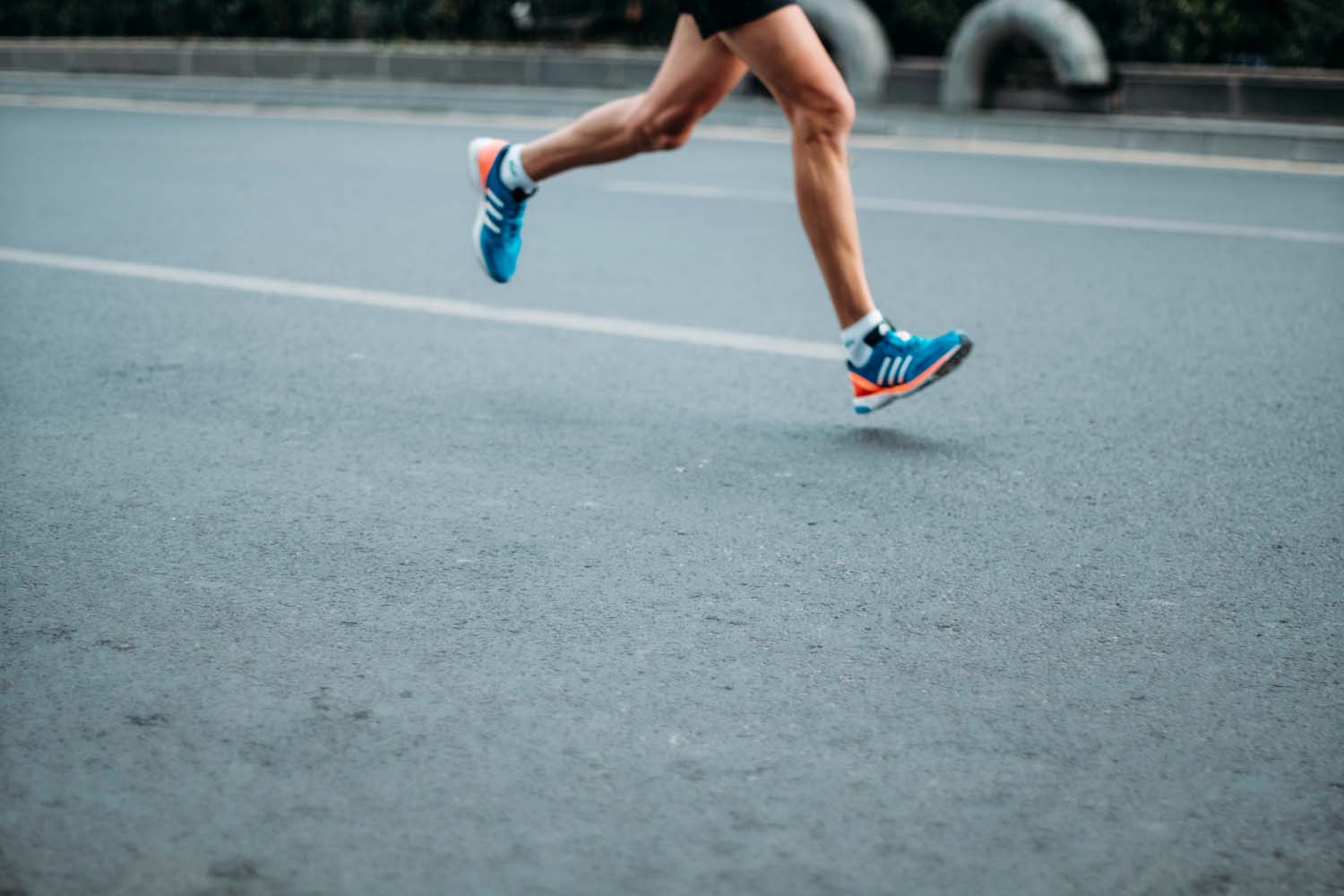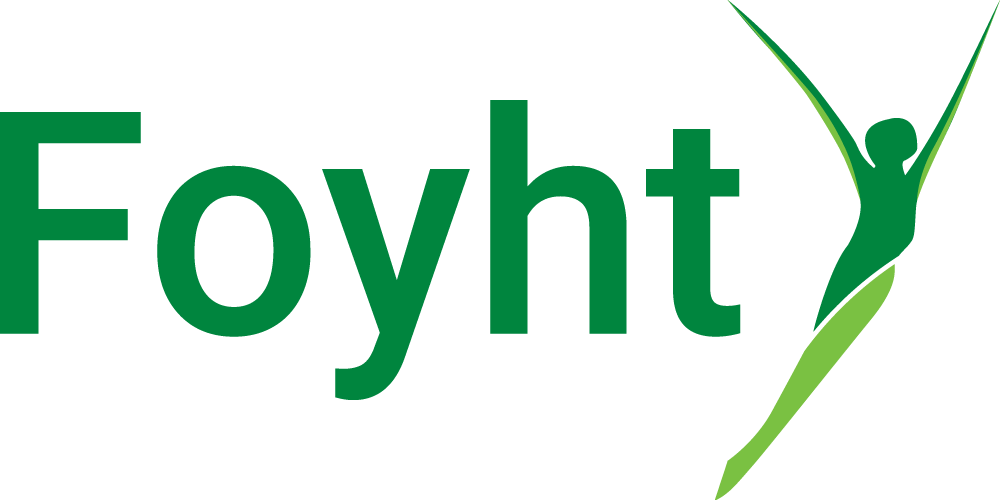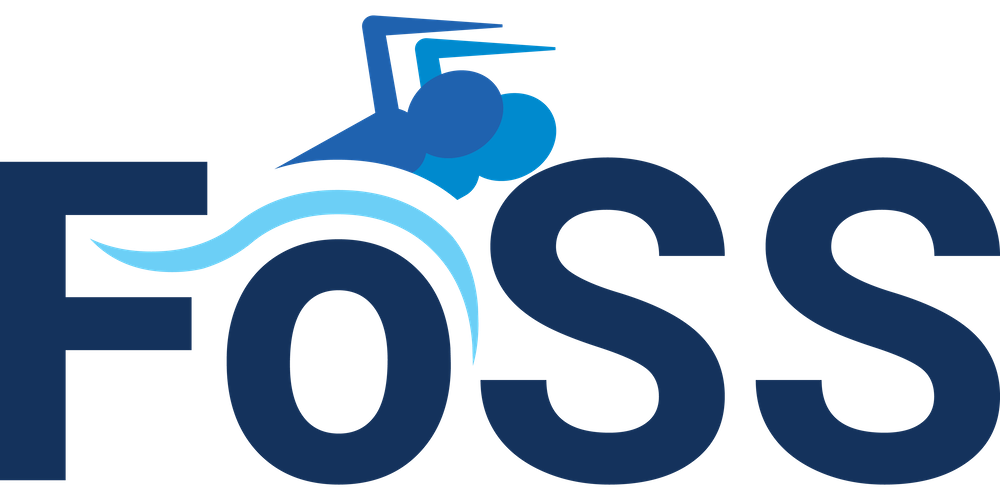Vegetarianism or veganism in the sports and fitness industry is becoming a growing trend and the number of people claiming to be trying these diets is continuing to rise year upon year. There are differing views and opinions regarding whether these diets are better for you and meat is very often given a bad reputation.
The truth of the matter is that just like me, people are becoming more educated on the wide range of foods available and they are starting to enjoy eating a larger percentage of plant based foods in their diets.
Calcium and Protein requirements
With regards to fitness and competitive sport especially, it is hugely vital that you are knowledgeable regarding precisely which nutrients you can get from which foods to ensure that you still meet your daily protein and calcium requirements.
A common mistake that is made (and I know one athlete in particular) is that some people who decide they are going to go vegan, or vegetarian are not satisfying their calcium requirements enough and are therefore extremely injury prone.
When it comes to caloric intake and daily protein and calcium requirements it all depends on the individual’s body weight and the intensity of their training or how active they are. Every individual’s daily caloric needs, carbs, protein, and fat intake requirements will be different dependent on these factors.
Non-meat-based proteins
Some people are not fully aware of the wide variety of non-meat based protein sources there are out there until they are educated on it. Lentils, chickpeas, butternut squash, nuts, Quorn, tofu, sweet potato, red kidney beans, all tinned pulses etc. If you do decide to make the change or already have, there are plenty of sources of protein to enable you to still meet your protein requirements, however you will need to ensure that you are eating more sources of protein a day.
Calcium
In terms of calcium, there are lots of vegan alternatives for milk e.g. soy, eggs, calcium fortified cheese, yoghurts etc. Calcium can be found in cereals too. The problem with some vegans is they avoid even these and don’t realise how important calcium is.
Until I began studying sports nutrition and putting my knowledge into practice, I was not aware of the huge variety of foods available to me. Since I started eating and enjoying a higher percentage of plant-based foods my sport performance has improved drastically. However, I don’t completely abstain from meat or seafood and I think it important that you eat some sources of these every so often (once a week at least). This is because whilst there are enormous benefits to a lot of plant-based options, there are still certain things you can get from these foods that you can’t from plant based.





